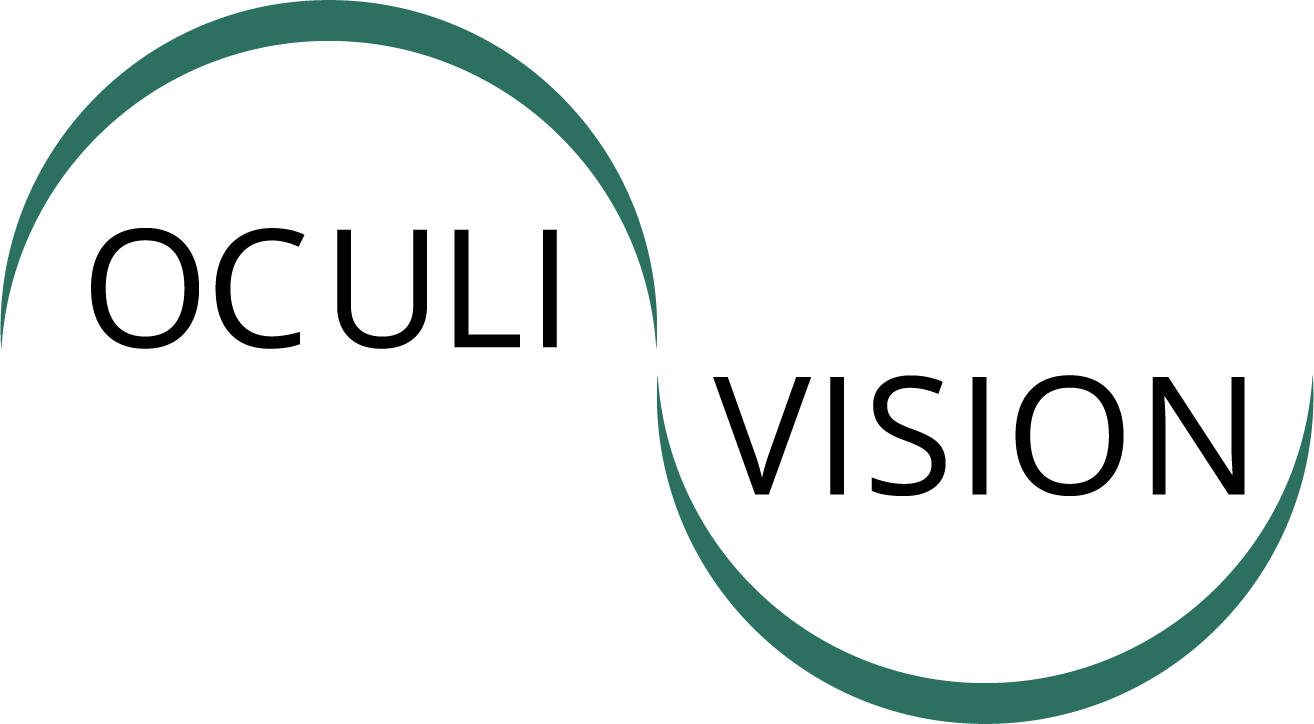We often take our vision for granted and assume that everybody else sees things how we do. But some of us see the world in a narrow manner because of a condition known as tunnel vision. To empathize with our community, we should explore this condition’s causes, symptoms, and potential solutions. Understanding tunnel vision is not only essential for anyone who wants to appreciate the diverse human experience.
Understanding Tunnel Vision
Tunnel vision can occur in one or two eyes, leading to a restricted and narrow view of the surrounding environment. Many people with this narrowed eyesight often describe it as if they’re “looking through a narrow tunnel or tube” (hence the name). This condition can vary in severity, with some experiencing a subtle reduction in peripheral vision and others often unable to see objects on the side.
Causes of Tunnel Vision
Tunnel vision can have various underlying causes. One common cause is glaucoma, a condition that stems from increased pressure on the eye, damaging the optic nerve. Genetic eye diseases like retinitis pigmentosa, advanced diabetic retinopathy, and certain genetic disorders can also result in this peripheral vision loss. Additionally, head injuries, concussions, and neurological conditions such as multiple sclerosis may impact the brain’s visual pathways and lead to this condition.
Symptoms of Tunnel Vision
Early detection and intervention of tunnel vision can only come from properly understanding this condition’s symptoms. However, it can become more severe over time, so anyone experiencing these symptoms should book an evaluation to see what further treatment is necessary. Some common symptoms of tunnel vision include:
- Gradual or sudden loss of peripheral vision.
- Difficulty seeing objects from the sides.
- Increased susceptibility to accidents (especially when walking or driving).
- Reduced awareness of your surroundings.
Potential Solutions
Treating and managing tunnel vision largely depends on each case’s underlying causes. For example, tunnel vision can stem from glaucoma or retinitis pigmentosa. In these cases, medical intervention like medication or surgery may help slow its progression. Additionally, low-vision aids like magnifiers, specialized glasses, and mobility training can enhance a patient’s quality of life and improve their ability to navigate the world.
Coping Strategies and Emotional Support
Living with tunnel vision can be emotionally challenging, especially since its limitations on daily life can be quite overwhelming. That’s why support groups, counseling, and therapy can help many people navigate the emotional aspects of peripheral vision loss. Sharing experiences and strategies with others who face similar challenges can be incredibly empowering and provide a sense of community.
Furthermore, friends and family play a vital role in providing emotional support. A loved one’s empathetic understanding can make a significant difference, helping a patient maintain a positive and fulfilling outlook. It's important for all of us to be aware of tunnel vision’s emotional impact how to support anybody dealing with this condition.
Vision Rehabilitation Services
Lastly, vision rehab is designed to help visually impaired patients maximize their independence and living standards. Vision specialists develop personalized strategies and skills that empower their patients to adapt to a reduced field of vision. These strategies may include orientation and mobility training, adaptive technology usage, and activities of daily living training.
By participating in vision rehabilitation programs, individuals with tunnel vision and other conditions can regain control over their lives, enhance their self-confidence, and learn practical techniques to effectively navigate their environment. These services are often available through healthcare providers or nonprofit organizations specializing in vision impairment support. So, if you or someone you know is living with decreased vision, consider exploring these valuable resources to improve daily living and overall well-being.
Book an Optometry Check-Up
Tunnel vision affects many individuals worldwide and can significantly impact their daily lives. By understanding tunnel vision’s causes, symptoms, and potential solutions, we can support those living with this visual impairment. If you or a loved one are experiencing symptoms of tunnel vision, seeking early medical intervention is essential to preserve and improve their quality of life.
If you’re looking to book an eye care checkup or talk with an optometrist, book an appointment today! We realize that our vision is a precious gift and are proud to help our community fully enjoy the world.

